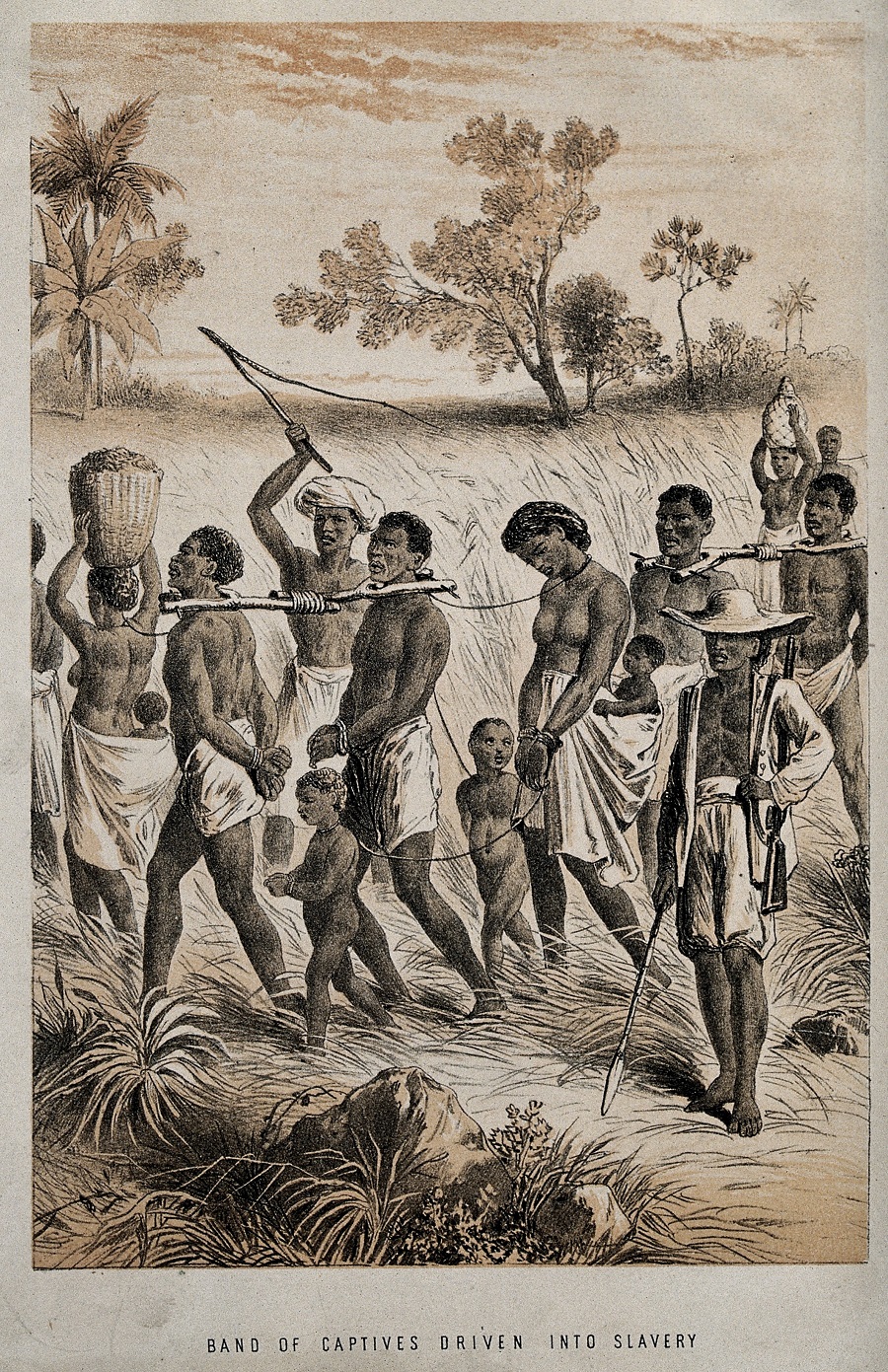This series has two easy 5 minute installments. This first installment: The First Africans Legally Made Slaves.
Introduction
In 1442 the first African slaves were imported into Europe. They were taken from Africa to Portugal in ships of Prince Henry, the “Navigator.” From that time there was little traffic in negroes until after the discovery of America. Then there was great destruction of American Indians by war, disease, and killing work, and the importation of Africans into Spanish America was begun in order to fill the void in the labor market.
Influenced by the spirit of Bartolome de las Casas, a Spanish monk, celebrated as the defender of the Indians against his own countrymen who conquered them, the monarchs of Spain prohibited Indian slavery. “It is a very significant fact that the great ‘Protector of the Indians,’ Las Casas, should, however innocently, have been concerned with the first large grant of licenses to import negroes into the West India Islands.”
We first hear of the introduction of negro slaves in those islands through the instructions given in 1501 to Nicolas de Ovando, who in the following year succeeded Columbus as governor. During the nine years of his governorship negro slavery in the Spanish possessions of the New World was greatly extended. A few years later, as shown by Helps, official license gave it a legal sanction. Helps’ account begins with an abstract of Las Casas’ memorials to the King of Spain looking to a remedy for the bad government of the West Indies.
This selection is from The Spanish Conquest in America and It’s Relation to the History of Slavery by Sir Arthur Helps published in 1855. For works benefiting from the latest research see the “More information” section at the bottom of these pages.
Sir Arthur Helps (1813-1875) was an English writer and dean of the Privy Council. He was a Cambridge Apostle.
Time: 1517
Place: Carribean Colonies

The outline of Las Casas’ scheme was as follows: The King was to give to every laborer willing to emigrate to Española his living during the journey from his place of abode to Seville, at the rate of half a real a day throughout the journey, for great and small, child and parent. At Seville the emigrants were to be lodged in the Casa de la Contratacion (the India House), and were to have from eleven to thirteen maravedis a day. From thence they were to have a free passage to Española, and to be provided with food for a year. And if the climate “should try them so much” that at the expiration of this year they should not be able to work for themselves, the King was to continue to maintain them; but this extra maintenance was to be put down to the account of the emigrants, as a loan which they were to repay. The King was to give them lands — his own lands — furnish them with ploughshares and spades, and provide medicines for them. Lastly, whatever rights and profits accrued from their holdings were to become hereditary. This was certainly a most liberal plan of emigration. And, in addition, there were other privileges held out as inducements to these laborers.
In connection with the above scheme, Las Casas, unfortunately for his reputation in after-ages, added another provision, namely, that each Spanish resident in the island should have license to import a dozen negro slaves.
The origin of this suggestion was, as he informs us, that the colonists had told him that, if license were given them to import a dozen negro slaves each, they, the colonists, would then set free the Indians. And so, recollecting that statement of the colonists, he added this provision. Las Casas, writing his history in his old age, thus frankly owns his error: “This advice, that license should be given to bring negro slaves to these lands, the clerigo Casas first gave, not considering the injustice with which the Portuguese take them and make them slaves; which advice, after he had apprehended the nature of the thing, he would not have given for all he had in the world. For he always held that they had been made slaves unjustly and tyrannically; for the same reason holds good of them as of the Indians.” The above confession is delicately and truthfully worded — “not considering”; he does not say, not being aware of; but though it was a matter known to him, his moral sense was not watchful, as it were, about it. We must be careful not to press the admissions of a generous mind too far, or to exaggerate the importance of the suggestion of Las Casas.
| Master List | Next—> |
More information here and here and below.
 |
We want to take this site to the next level but we need money to do that. Please contribute directly by signing up at https://www.patreon.com/history
Leave a Reply
You must be logged in to post a comment.